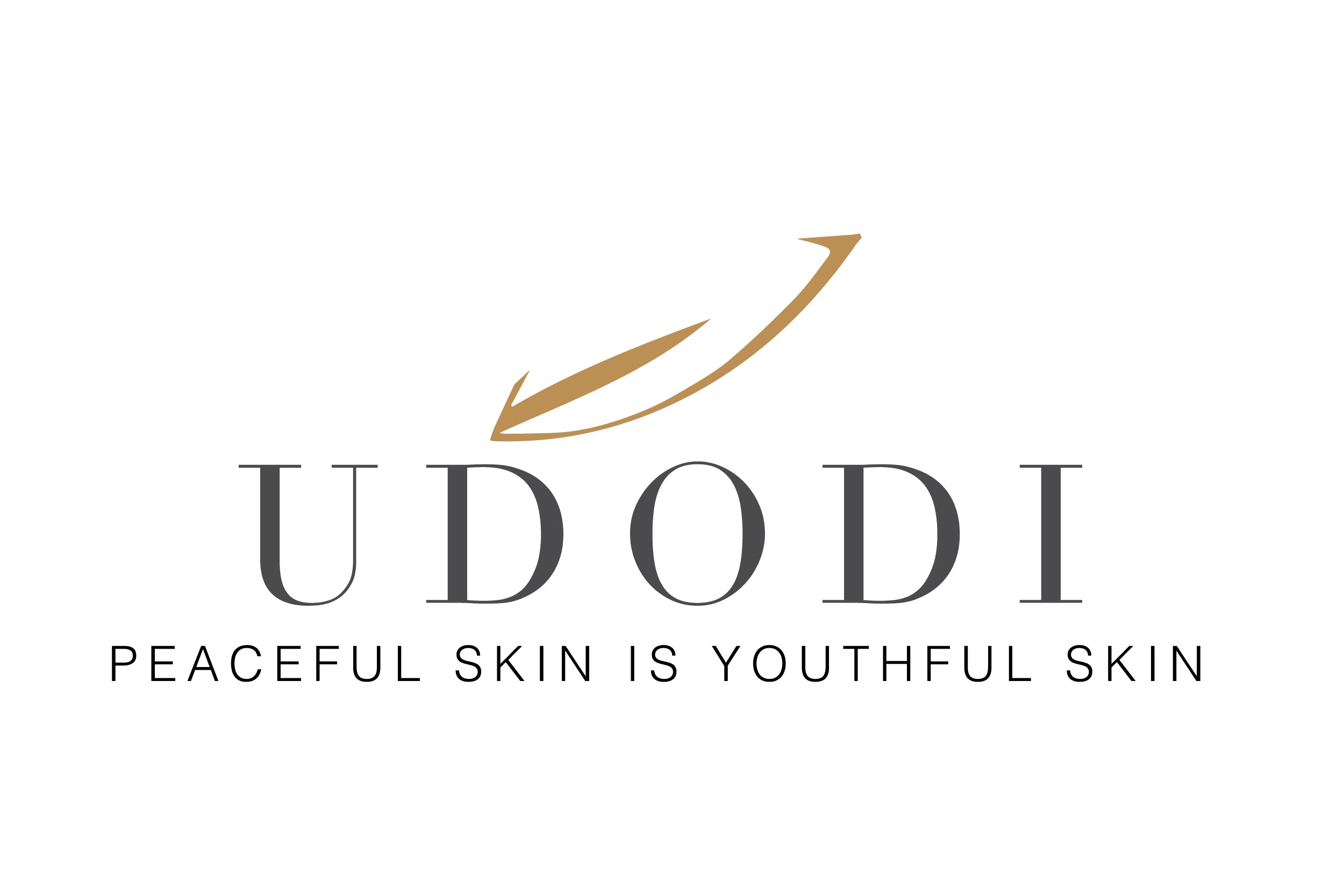Our skin is a reflection of our inner state.
Did you know that 30-60% of individuals with skin disorders (like psoriasis, eczema, acne, or rosacea) report having mental health issues such as anxiety or depression?
Our mental state dictates key areas in our lives such as sleep patterns and your ability to follow through your skin care routine religiously each day.
When you are anxious or stressed, your body releases the stress hormone called cortisol.
Elevated levels of cortisol increase oil production in the skin, leading to clogged pores, breakouts, and acne.
The more stressed out you are, the weaker your skin barrier becomes making it more dry and sensitive.
Excessive sweating due to anxiety leads to clogged pores and breakouts which eventually lead to uneven skin texture.
Insomnia, triggered by depression, can lead to formation of dark circles under your eye, puffiness and a dull complexion.
Poor mental health can also interfere with your gut microbiome leading to breakouts.
Unhealthy stress coping habits such as smoking, poor diet, and alcohol consumption can accelerate aging and dry out the skin.
Here are some statistics on the relationship between mental health and skin health:
Stress on Skin Health:
Research indicates that emotional stress is a key trigger for skin conditions like acne, psoriasis, and eczema. A 2014 study found that 67% of acne sufferers believed that stress worsened their skin condition.
Acne and Mental Health:
A study in the British Journal of Dermatology found that individuals with acne are 63% more likely to suffer from depression compared to those without acne. The risk is highest in the first year after an acne diagnosis.
Psoriasis and Mental Health:
The Sleep-Skin Connection:
Poor mental health is associated with poor sleep patterns, which, in turn, negatively affect the skin. A 2017 study found that 67% of people with insomnia reported worsened skin conditions, including more visible signs of aging (e.g., fine lines, wrinkles, and reduced skin elasticity).

